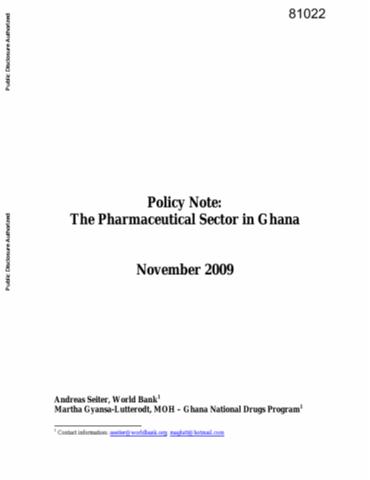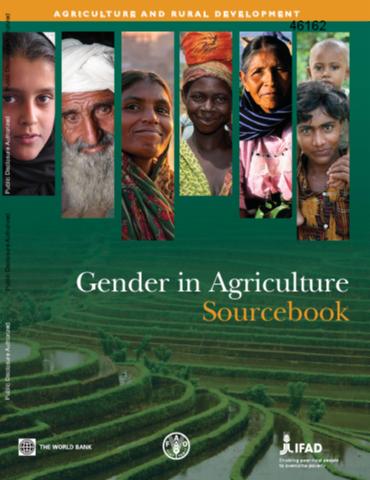The Pharmaceutical Sector in Ghana
Main pharmaceutical policy goals in Ghana are access to essential medicines for everybody, quality assurance for all drugs on the market, a functioning and efficient supply chain as well as rational use of medicines by professionals and patients. There is also a commitment to strengthen the domestic pharmaceutical industry, outlined under health industry in the national health policy.




